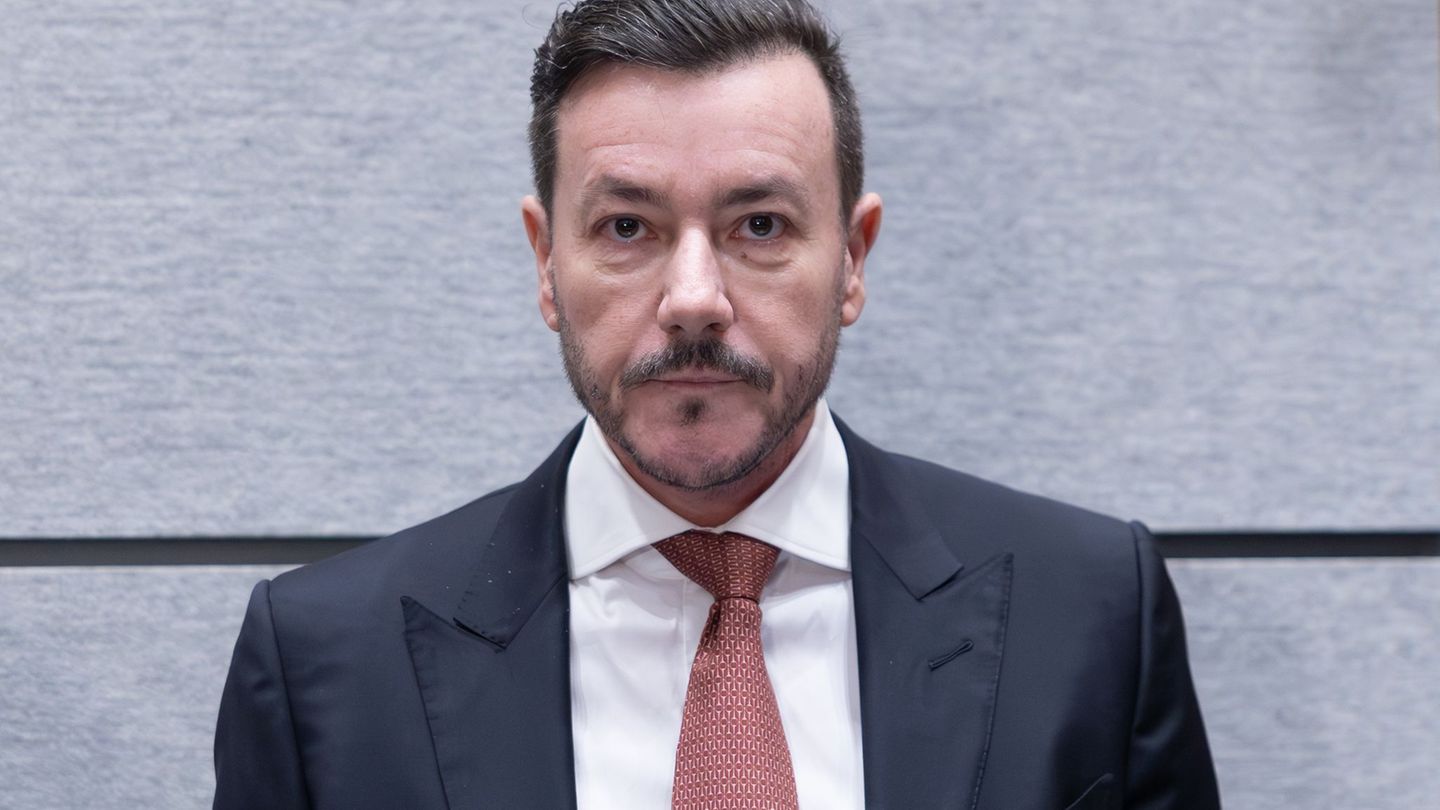The traffic light wants to oblige states and municipalities to draw up heat plans. This should enable consumers to plan better. But the municipalities see themselves partially overwhelmed.
The German Association of Towns and Municipalities has warned that the heat planning law envisaged by the federal government will not overburden local authorities. It provides for the submission of binding plans for climate-neutral heating networks. Among other things, municipalities should determine data on energy consumption and the condition of buildings in order to draw up plans for a climate-neutral heat supply by 2045 at the latest. For large cities, these plans should be ready by the end of 2026, smaller cities should have two years more time. The federal states should be responsible, but they can transfer this task to the municipalities.
“The planned deadlines for collecting the data will overwhelm the municipalities in terms of time and personnel,” said Bernd Düsterdiek from the Association of Towns and Municipalities of the “Rheinische Post” (Thursday). Another problem is the costs: “The creation of extensive cadastres is a task that the federal government wants to transfer to the municipalities via the federal states. This will be extremely complex. Therefore, all costs incurred with heat planning must also be borne by the federal and state governments. ” The draft from the department of building minister Klara Geywitz (SPD) is also not open to technology.
District council: Need real openness to technology
The district council made a similar statement. “In order to be able to implement the municipal heat supply at all, we need real openness to technology,” said Rainhard Sager, President of the German District Association, of the Funke Media Group (Thursday). Municipalities should have enough leeway when implementing heat planning.
NRW Building Minister Ina Scharrenbach (CDU) considers a federal law to be superfluous. “Some municipalities have already started to do this. There is therefore no need for a federal law for their own state projects,” she told the “Rheinische Post” with a view to coalition decisions in North Rhine-Westphalia.
The Federal Association of Energy and Water Management (BDEW) warned of the negative consequences of the Building Energy Act without the simultaneous resolution of fundamental framework conditions for future municipal heat supply. “We need a heat transition from a single source,” said general manager Kerstin Andreae of the “Augsburger Allgemeine” (Thursday). There is a risk that many households will be unclear as to which heating system is best for them.
Source: Stern




